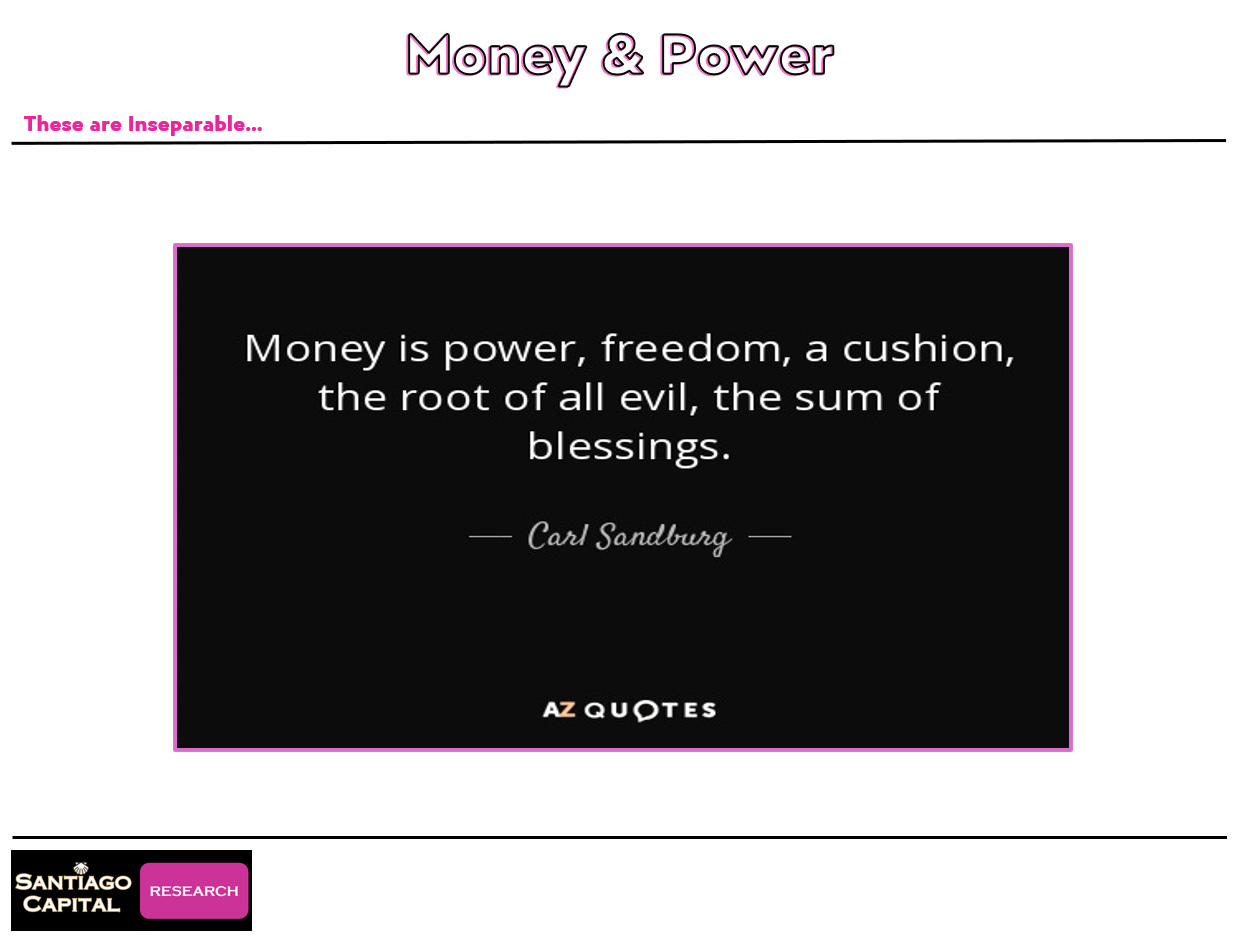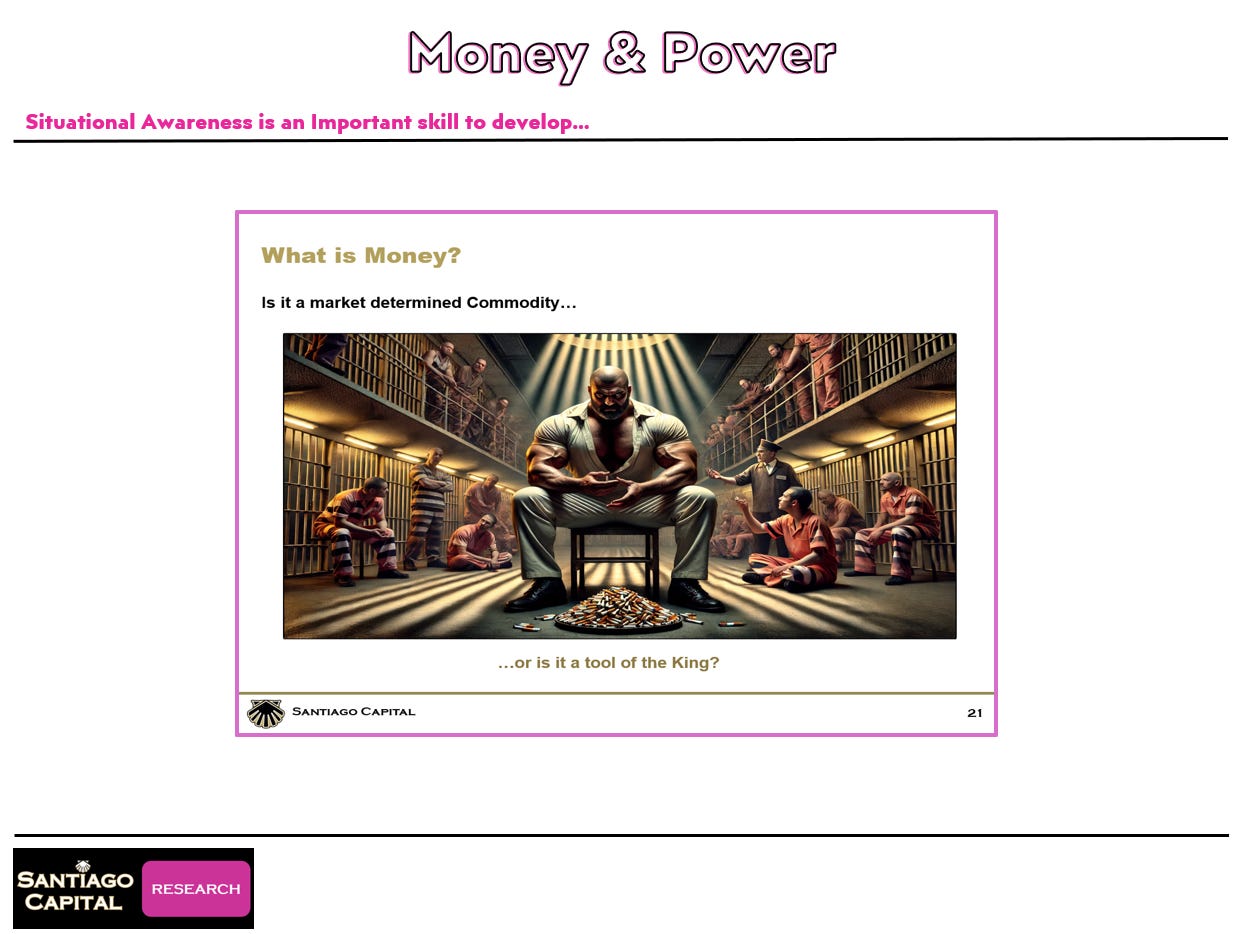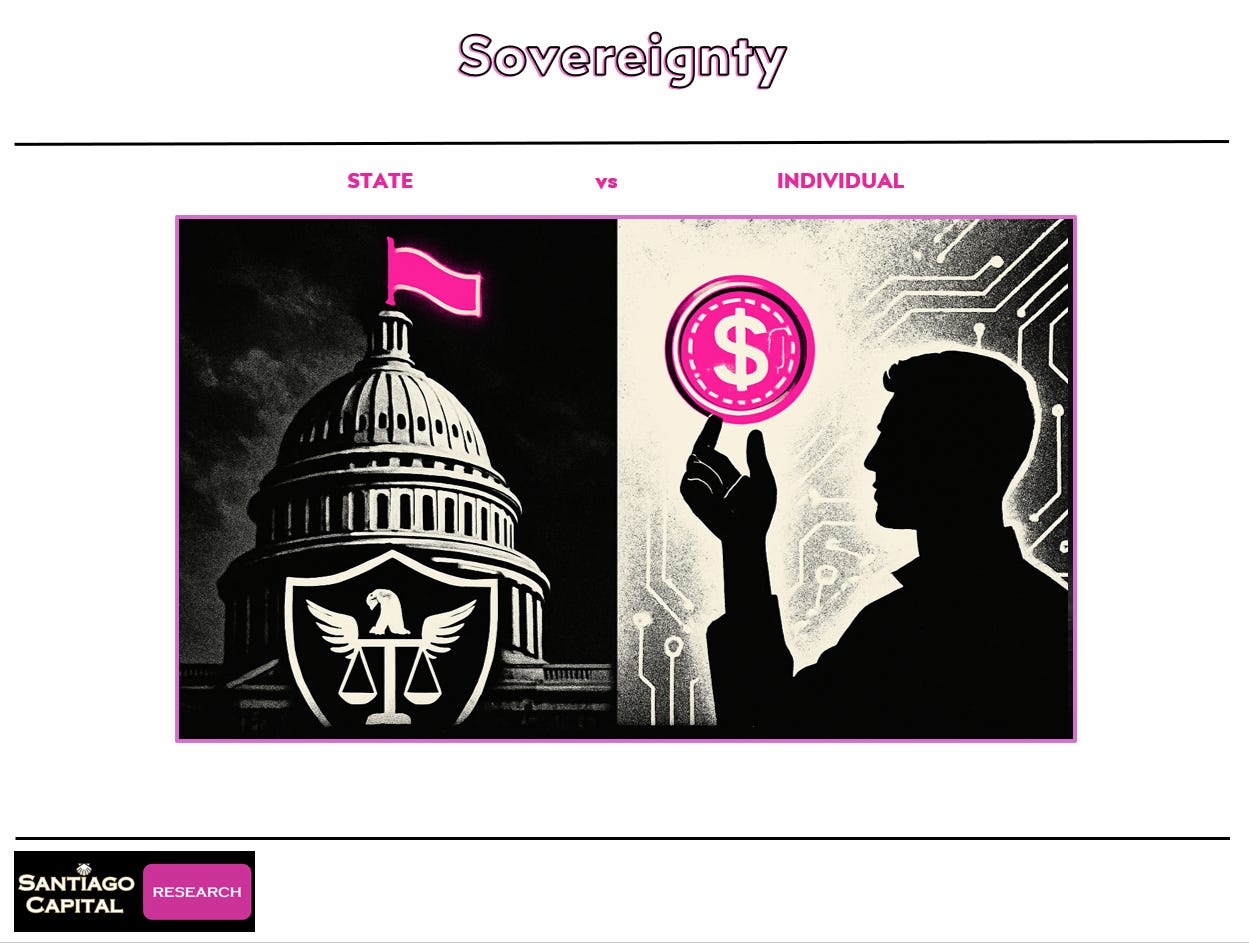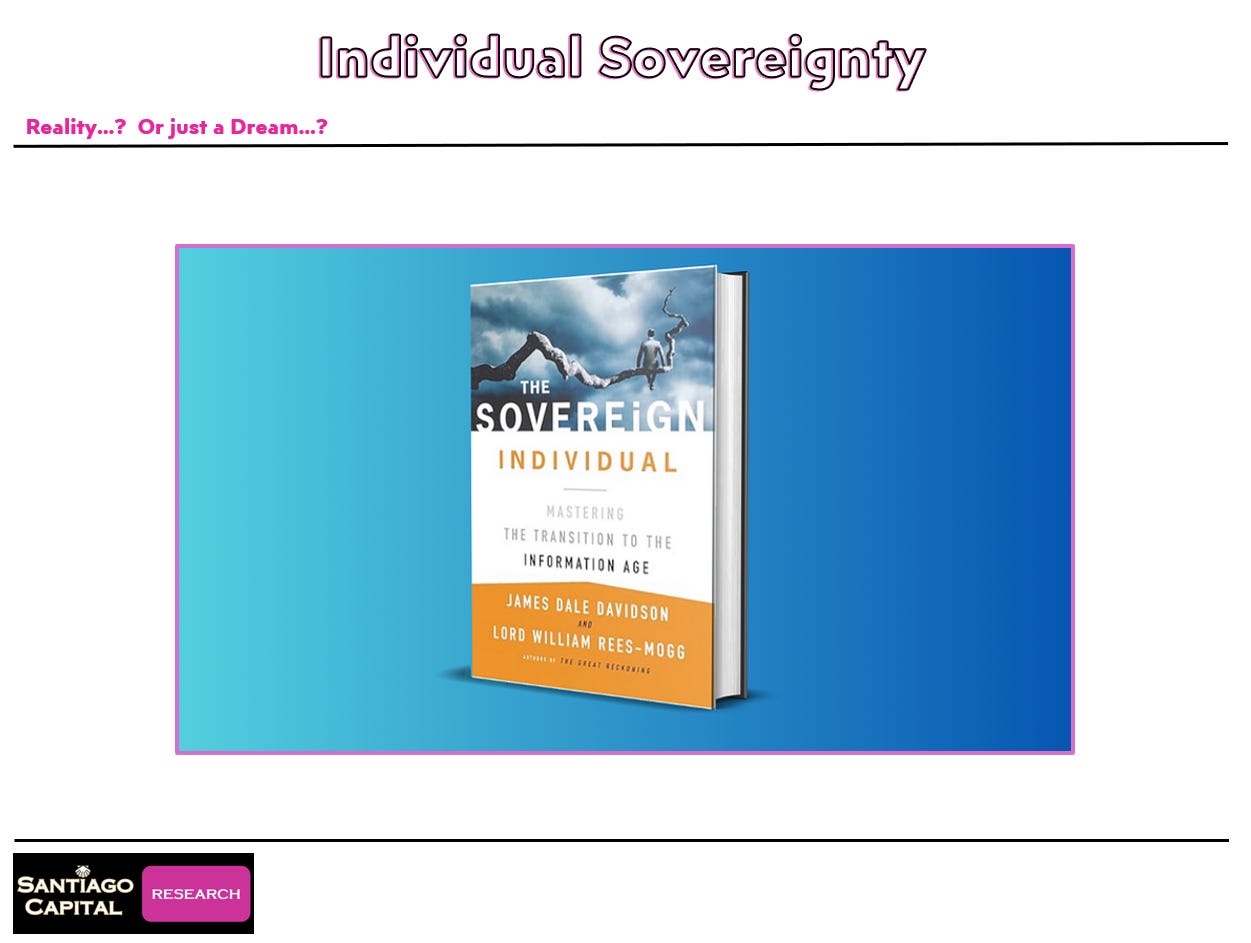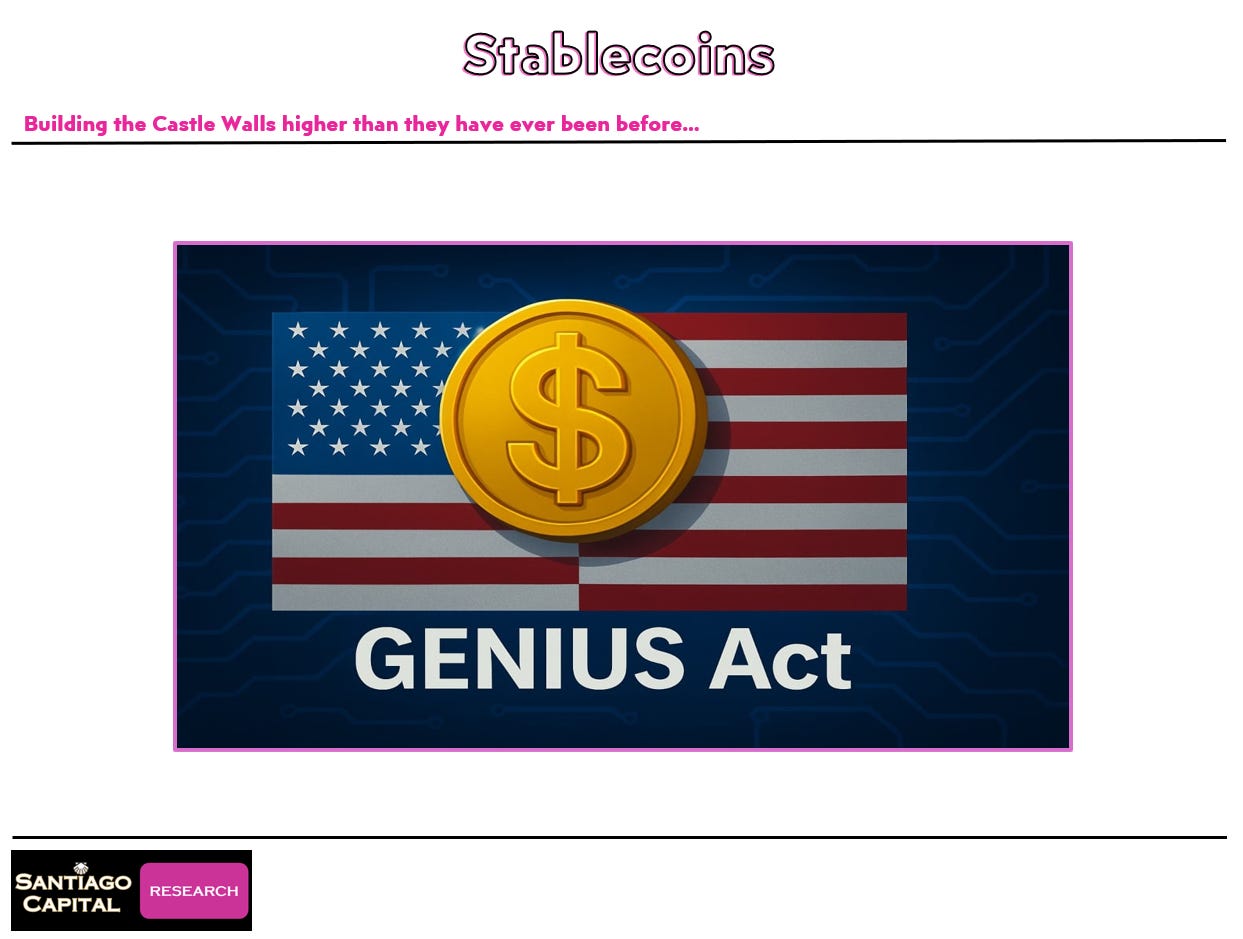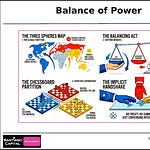Imagine a world where the ability to print paper turns into real power—power to command armies, shape economies, and even dictate the fate of nations. But what if that power isn't absolute?
What if even the mightiest empires find themselves bowing to invisible forces?
In today's global arena, sovereignty isn't just about borders or flags; it's the ultimate showdown between control and chaos, where money isn't merely a tool…it's the battlefield itself.
Sovereignty, at its core, means wielding supreme authority without bending to external pressures.
It's the freedom to act independently, whether you're a nation guarding its territory or an individual claiming dominion over your own life.
Derived from ancient Latin roots meaning "above" in terms of rulership, it boils down to one raw truth: who holds the reins?
In every space—from a crowded room to the vast expanse of the planet—there's a perpetual tug-of-war for this control. No one wants to be subservient; everyone craves the throne.
But here's the twist that keeps world leaders up at night: How can any nation claim true sovereignty if its fate hinges on someone else's currency?
Dive deeper, and you'll see why this question is reshaping everything from domestic policies to international alliances.
Money and Power: Two Sides of the Same Coin?
History's conquerors knew a secret that modern investors often overlook.
Take the infamous drive for endless wealth and influence—it's not about greed alone; it's about survival.
One legendary figure once declared that acquiring more money and power is the only pursuit that matters, dismissing everything else as trivial.
Sure, on a personal level, life offers richer joys, but those who rule the world? They live by this creed. Accumulate wealth, and power follows; seize power, and riches pour in.
It's a vicious, unbreakable cycle.
Even poets and thinkers echo this. Money provides freedom, a buffer against hardship—yet it's branded the root of evil while simultaneously hailed as the essence of blessings.
This duality makes it impossible to untangle money from power.
In an era where freedoms erode and global power plays intensify, raw might is reasserting itself like never before. The implications? Massive ripples through markets and portfolios, as nations jockey for dominance.
Ponder this: If a country relies on a form of money it can't control—like a commodity or digital asset beyond its grasp—is it really a Sovereign? Or is it just another puppet in disguise?
The answer lies in the heart of what makes empires rise and fall.
The Sweet Spoils of Sovereignty: Seigniorage and Global Dominance
Enter seigniorage, the magician's trick of the monetary world.
It's the profit a government reaps from issuing currency—the gap between the negligible cost of production and the immense value it commands.
Printing greenbacks costs pennies, yet they fetch goods, services, and resources from across the globe. For the world's leading power, this isn't just economics; it's hegemony on steroids.
Only one nation enjoys this privilege on a planetary scale, flooding the world with its currency in exchange for real wealth. This creates envy and tension, fueling geopolitical fireworks.
Other countries wield similar power domestically, but globally?
They're outmatched, subservient to a sprawling network of offshore dollars that crushes rivals without firing a shot.
This system—vast, shadowy, and omnipotent—acts as the ultimate weapon, capable of toppling economies overnight.
Yet, even the top dog isn't fully in command.
This global dollar web operates with a life of its own, forcing concessions from its creator. No empire settles for partial control; the hunger for more is insatiable.
So, what happens when a superpower seeks to tighten its grip? And how does this tie into the digital currencies reshaping our wallets?
Redefining Money: From Barter Buster to King's Scepter
What is money, really? In theory, it's a sleek solution to age-old problems—a medium of exchange letting specialists trade without the hassle of direct swaps.
No more lugging goats in search of shoes; money erases the "double coincidence of wants" that plagued barter systems.
It also settles debts, keeping the wheels of commerce spinning smoothly.
But in practice? Money is the sovereign's enforcer. Throughout history, when market preferences clashed with royal decrees, the crown's choice often prevailed.
Picture a conqueror storming a city, demanding tribute in his preferred notes.
The locals protest the currency's flaws? Walls crumble, cities burn, and the victor's money reigns supreme—backed not by philosophy, but by brute force.
Or consider a prison yard where the toughest inmate declares cigarettes as currency.
Argue semantics about "true money," and you might end up regretting it.
Power dictates reality here; the strong decide what's valuable. This isn't abstract—it's situational awareness in a world where ideals meet steel.
Deeper still, money functions as a control mechanism, a constructed illusion to harness human energy.
Like a digital simulation trapping minds, it transforms people into productive units for the system.
Governments worldwide have abused this, piling up debts and squandering capital, leading to crises that erode freedoms and centralize authority.
As debts mount and currencies falter, a clash emerges: states versus individuals vying for control.
This mirrors broader cycles of societal upheaval, aligning with the surge in digital alternatives promising escape from governmental oversight.
But can individuals truly wrest sovereignty from the state?
One visionary tome explores this radical shift, painting a future where personal power eclipses national might.
The Sovereign Shift: From States to Self-Ruled Individuals?
Envision a world where money grants unbreakable personal independence.
Control your wealth, shield it from seizure, and you gain sovereignty…no longer reliant on others.
This idea fuels the dream of stateless money: digital, cryptographic currencies beyond borders, shattering government monopolies.
Such innovations erode state power, weakening their ability to tax, regulate, or survive.
A nation's downfall often follows its currency's collapse—history is littered with regimes toppled by financial ruin.
As stateless alternatives gain traction, sovereignty could pivot from collectives to individuals, empowering the latter over the former.
Just as gunpowder dismantled feudal lords, digital money might level modern states.
Individuals, untethered by geography, could shop for jurisdictions like consumers picking brands—nations competing to attract the wealthy with favorable terms.
States bowing to citizens? It's a utopian flip, where the powerful recruit the prosperous.
Yet, achieving this isn't straightforward.
States won't surrender without a fight; revolutions demand knowing your foe's defenses.
The barriers are formidable—higher, thicker, and more ruthless than imagined.
So, if stateless money threatens the throne, what weapons will empires deploy to fortify their rule?
Stablecoins: The Stealth Weapon in the Sovereignty Wars
Here's where the plot thickens: stablecoins, those pegged digital dollars, might be the ultimate fortress builder.
Often misunderstood as mere conveniences, they could redefine global power dynamics.
Far from undermining authority, they extend it—allowing a dominant nation to entrench its currency worldwide.
In the grand chess game of international sovereignty, stablecoins aren't just pieces; they're game-changers.
They enable seamless, borderless transactions while tying users to a familiar unit of account.
But their true genius?
Reinforcing hegemony by embedding a superpower's influence into the digital realm, making evasion nearly impossible.
This isn't merely about individuals versus states; it's nations clashing for global seigniorage.
Who claims the crown as the unchallenged hegemon?
Stablecoins could elevate walls to unprecedented heights, turning potential threats into extensions of control.
As tensions simmer, these tools might decide who rules the monetary matrix.
But with great power comes volatility. If markets are the pulse of this battle, what signals are they flashing now?
Could a shake-up be imminent, testing the resilience of this sovereign order?
We will be both writing about this and giving a specidal video presentation about this in the weeks ahead. To make sure you don’t miss it, be sure to sign up for our service.
Market Tremors: Is a Correction Brewing on the Horizon?
Scan the financial landscape, and cracks appear.
The S&P 500, that bellwether of economic health, hovers near support levels after a prolonged rally.
Technical indicators whisper caution: overextensions abound, with gaps begging to be filled.
A pullback of 6-11% wouldn't shock…perhaps even 15-20% if support (and narrative) breaks.
With weeks left in the quarter, timing feels ripe for a meaningful dip, driven by exhaustion rather than catastrophe.
The Nasdaq mirrors this fatigue, teetering on trendlines from recent lows.
Big players like Microsoft show vulnerability—relative strength waning, stochastics in freefall.
A test of the 100-day moving average looms, potentially shedding 8-10% in short order.
Even the 200-day could beckon if selling accelerates.
Globally, it's no outlier. Germany's DAX has breached long-term supports on weekly charts, signaling a broader unwind.
From Asia to Europe, exuberance has outpaced fundamentals; a synchronized correction seems probable.
Why now? Markets don't climb forever—overbought conditions demand resets.
As geopolitical sovereignty battles intensify, expect amplified volatility. Labor Day might cap summer highs, ushering in a turbulent fall.
In this intertwined web of money, power, and sovereignty, one truth endures: control is never static.
Nations fortify, individuals innovate, and markets react.
Will stablecoins crown a new era of dominance, or spark the revolution they aim to quash?
As the drama unfolds, staying vigilant isn't just wise…it's essential for navigating the madness.
Markets aren’t just moving…they’re rewriting the rules in real time. What was true last month may already be obsolete.
From Jackson Hole’s policy shift to the Fed’s fractured signals, every release, speech, and chart is now a potential landmine.
The numbers themselves matter less than the lens through which they’re interpreted.
That’s why last week’s data didn’t settle anything…it only confirmed that we’re in uncharted territory.
If you want to stay ahead of the turn, you need more than headlines. You need a framework that explains why confidence, labor, inflation, and commodities are suddenly colliding in ways Wall Street models can’t capture.
👉 Read the full Macro Pilgrim’s Ledger – The Santiago Way (8/31/25) now, and see exactly what last week revealed…and what the week ahead could bring.





